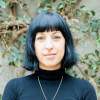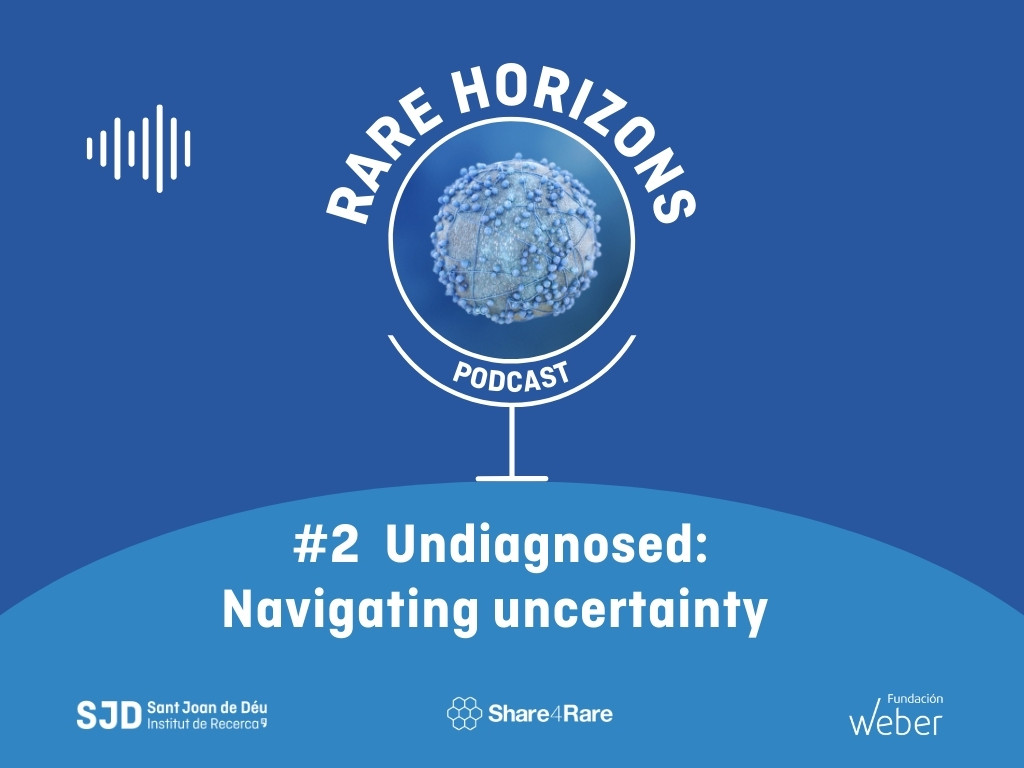
Rare Horizons episode 2 focuses on people living without a diagnosis

People need to name things. Naming is our way of creating some order in this chaotic world. Unfortunately, many people are not able to name their disease. In Europe, it takes an average of five years to obtain a diagnosis after symptoms begin. In the USA, around six years. Considering that around three hundred million people worldwide live with a rare disease, the number of undiagnosed individuals can be overwhelming. In this context, we wanted to dedicate Rare Horizons' second episode to people who have not yet received a diagnosis and to the research efforts to speed up and improve diagnosis.
We spoke to Lisa Beaton, a mother of an undiagnosed young girl and a member of the Patient Participation Panel at Genomics England and SWAN UK, and Karen Duncan, who is in her sixties and has never received an accurate diagnosis for her multisystemic syndrome. Michelle de Silva, Associate Genetic Counsellor at Murdoch Children's Research Institute and program manager at Rare Diseases Now explains how this initiative delivers genomic diagnoses and personalised care to children in The Royal Children’s Hospital in Melbourne (Australia). Maya Pinn, a mother of a child with a rare genetic syndrome shares her experience and highlights SWAN Australia's supporting role. Finally, Share4Rare coordinator Begonya Nafria elucidates how the platform can play a role in facilitating connections between undiagnosed patients and their families.
You can now listen to the episode on Spotify, Acast, Apple podcast and Deezer.
Rare Horizons is an initiative by Share4Rare and the Weber Foundation. Follow our channels to stay updated on new episodes.

